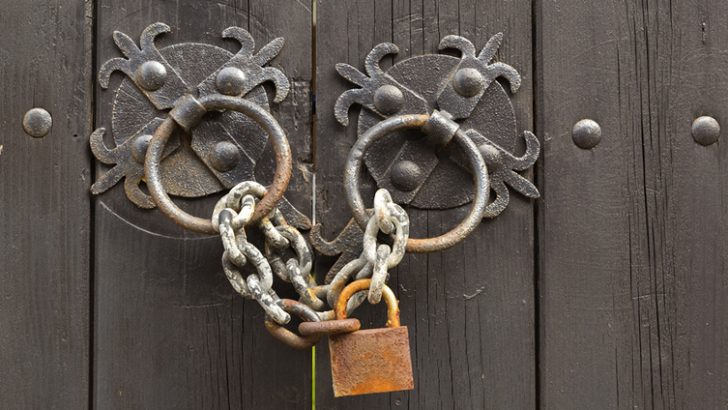A law professor has said he would be “very disappointed” if the challenge against the now-lapsed restrictions on religious gatherings is dropped by the High Court.
This comes after a High Court judge said he did not see a point in fixing a hearing date for businessman Declan Ganley’s action against the Covid-19 penal provisions which stopped him attending Mass as he considered the case moot as the restrictions have been lifted.
Speaking to The Irish Catholic, Associate Professor of Law in Trinity College Dublin, Dr David Kenny said: “With cases like this, and there is some case law on this topic, you shouldn’t always let mootness stop a case when it’s of public importance. The powers to limit religious services aren’t gone, this could arise again further on in the pandemic.
“I understand that the judges are concerned that there is limited court time at the moment and so they are obviously disinclined to hear applications that aren’t fully live but this one is very much worth going ahead and I would be very disappointed if it was found to be moot,” Dr Kenny said.
The State had agreed not to raise the issue of mootness. However, the judge said that this was not binding on the court.
The case was raised in November and was put back to December, at which time various Covid-19 restrictions on religious worship had been lifted.
About four months later, the State put in its evidence, but by that time the measures put in place after December had also lapsed. Neil Steen SC for Mr Ganley said that the case raises important issues under the European Convention on Human Rights and the Constitution and should be addressed. The State reiterated it would not raise the issue of mootness.
Speaking further about the case, Dr Kenny added: “We have to be very slow to rule things out because of mootness if the issue itself is still potentially live, and I think it is, if there were another round of lockdowns I think we would see the same restrictions brought in again.
“Particularly with the Covid measures, if we insist on it getting to full hearing and determination before the measures are undone because of subsequent relaxation of the rules, then we may never get any challenges against these measures because it will always be too late.”
The judge returned the matter to next month.


 Chai Brady
Chai Brady
